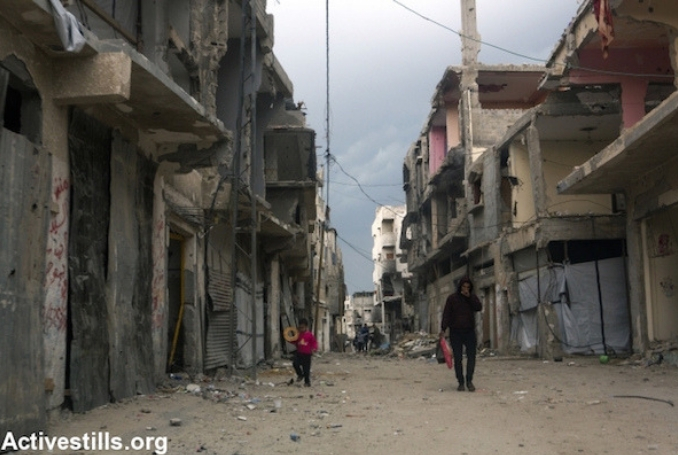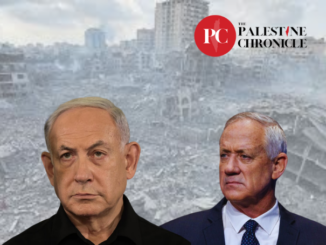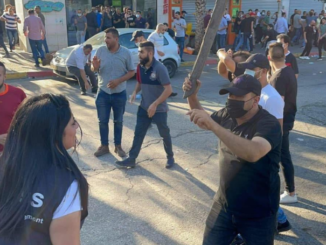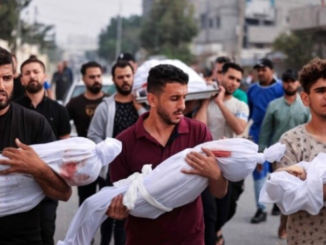
By Ramona Wadi
What happens when the UN is unequivocally supporting the claims of the Palestinian Authority leadership to the detriment of the Palestinian people? There is nothing unusual about the international community’s stance; it did, after all, legitimize a colonial presence in Palestine in the first place, while Palestinians’ rights have never amounted to anything other than a perfunctory afterthought. This does, however, open up yet another cycle of humanitarian deprivation in Gaza that needs to be scrutinized.
The PA is planning additional punitive measures to force Hamas to relinquish its rule over Gaza by cutting funding for all basic essentials, including education and water. Israel has already ensured that basic necessities in Gaza are transformed into temporary luxuries; the illegal blockade has transformed the enclave into a vile socio-political experiment and brought Palestinians in line with the world’s humanitarian agenda which is nothing more than a convenience for the international community.
So far, the latter has contextualized humanitarian aid within the ongoing deprivation and, for the most part, refuses to attribute Palestinian needs to Israel’s colonial presence and violence. Now the UN is openly advocating for the Ramallah-based PA’s return to Gaza, despite it using humanitarian deprivation brazenly as a political weapon.
To prevent Palestinians from making political claims, the UN will have to come up with a new humanitarian explanation for Gaza. Palestinians in the enclave are dispensable; the international community’s sole concern with Gaza is about who has political control. The willingness to allocate funds which are not distributed where most needed is evidence of humanitarian aid serving as a veneer for oppressive political collaboration. This is why both the UN and the PA have entered into a tacit agreement that refuses to politicize humanitarian aid.
In previous years, the PA emphasized Israel’s water theft from the occupied West Bank as an ongoing violation and the international community paid heed to raise awareness, if only briefly. Water is now being weaponized by both Israel and the PA, yet it only made headlines recently as to how this would affect Palestinian prisoners’ rights.
If Gaza is deprived further of water, the PA is merely fulfilling the international intent to bring the enclave in line with the UN’s “unliveable by 2020” prediction. Furthermore, the PA will be raising its credentials at the UN for conforming to the standards which enable the organization to continue functioning.
Justifications for the impending humanitarian violations designated by the PA have already been set in motion. The UN knows that it can only promote the PA’s narrative that Hamas is, allegedly, forcing Ramallah to impose such measures, because it has set a convenient distinction that very few dare to contradict, the false distinction between humanitarian rights and political rights. If Palestinians collectively politicize their humanitarian rights and draw attention to the political collaboration that denies such an expression, the narrative will hold potential for change.
The UN’s corrupt agenda is already exposed. Dissociating from its manipulative humanitarian agenda is the next step. This requires, in the case of Palestine, a clear, political distinction between Palestinians and the PA, which cannot be implemented unless there is a collective disengagement from the prevailing humanitarian narratives that thrive upon cycles of deprivation.
– Ramona Wadi is a staff writer for Middle East Monitor, where this article was originally published. She contributed this article to PalestineChronicle.com.







